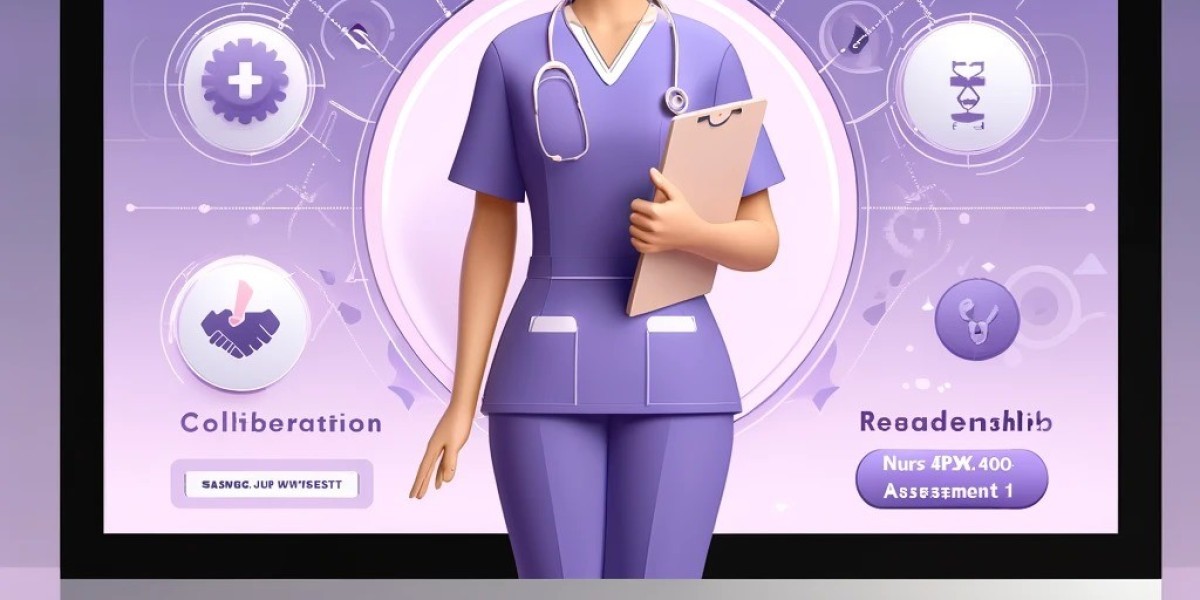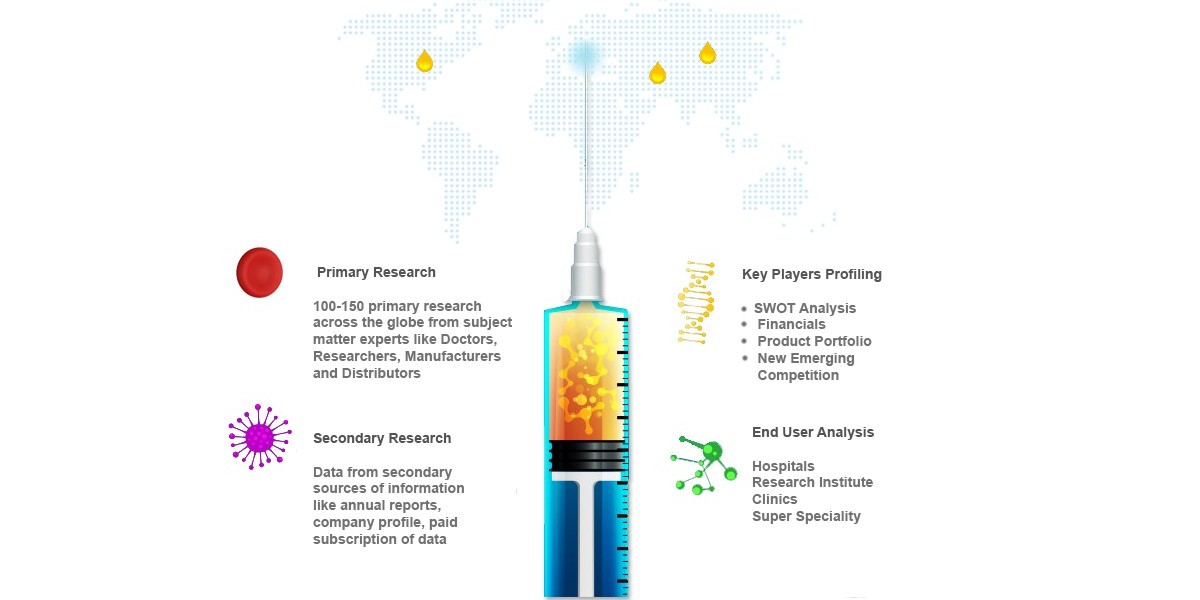The Fourth Industrial Revolution (IR) marks a significant shift in the landscape of technology and industry. Characterized by the fusion of physical, digital, and biological worlds, this revolution brings forward a paradigm shift in how we live, work, and interact with the world. Among the various technological advancements propelling IR, biotechnology stands out for its transformative potential in numerous sectors, including healthcare, agriculture, and environmental sustainability.
Understanding Biotechnology
Biotechnology Ir involves the use of biological systems, organisms, or derivatives to develop or create products and technologies that improve the quality of life and the health of our planet. Its applications are diverse, ranging from the production of pharmaceuticals and genetically modified crops to the development of biofuels and biodegradable materials. The integration of biotechnology with other IR technologies such as artificial intelligence, big data, and nanotechnology has opened new avenues for innovation and problem-solving.
Biotechnology in Healthcare
One of the most profound impacts of biotechnology is in the field of healthcare. The advent of personalized medicine, which tailors medical treatment to the individual characteristics of each patient, is largely driven by biotechnological advancements. Genomic sequencing, a biotechnological innovation, allows for the identification of genetic predispositions to certain diseases, enabling early interventions and personalized treatment plans.
Biotechnology has also revolutionized drug development. Traditional drug discovery methods are often time-consuming and expensive. Biotechnology accelerates this process through techniques such as high-throughput screening and computer-aided drug design. Moreover, biopharmaceuticals, which are drugs produced using living organisms, offer targeted therapies for diseases such as cancer, rheumatoid arthritis, and multiple sclerosis, with fewer side effects compared to traditional drugs.
Agricultural Biotechnology
In agriculture, biotechnology plays a crucial role in addressing food security and sustainability challenges. Genetically modified organisms (GMOs) are at the forefront of agricultural biotechnology. GMOs are engineered to exhibit desirable traits such as pest resistance, herbicide tolerance, and improved nutritional content. These modifications lead to higher crop yields, reduced reliance on chemical pesticides, and enhanced food quality.
Biotechnology also supports sustainable agriculture through the development of biofertilizers and biopesticides. Unlike chemical fertilizers and pesticides, these bioproducts are environmentally friendly and help maintain soil health and biodiversity. Additionally, biotechnology enables the production of drought-resistant and salt-tolerant crops, which are vital for farming in regions affected by climate change.
Environmental Biotechnology
Environmental sustainability is another critical area where biotechnology makes a significant impact. Bioremediation, the use of microorganisms to clean up contaminated environments, is a prime example of environmental biotechnology. These microorganisms break down pollutants into less harmful substances, thereby restoring the natural state of ecosystems affected by industrial activities and oil spills.
Biotechnology also contributes to the development of renewable energy sources. Biofuels, derived from biomass, offer a sustainable alternative to fossil fuels. Algae-based biofuels, for instance, have the potential to produce higher energy yields with lower environmental footprints compared to traditional biofuels. Furthermore, advancements in synthetic biology are paving the way for the creation of bio-based materials that can replace conventional plastics, reducing plastic pollution and promoting a circular economy.
Ethical and Regulatory Considerations
While the benefits of biotechnology are immense, they come with ethical and regulatory challenges. The manipulation of genetic material raises concerns about unintended consequences and the potential for misuse. Ethical considerations regarding GMOs, for instance, include their impact on biodiversity, food safety, and the rights of farmers. There is also the question of accessibility, as advanced biotechnological treatments and products may not be affordable or available to all, potentially exacerbating existing inequalities.
Regulatory frameworks are essential to ensure the safe and ethical use of biotechnology. These frameworks must balance the promotion of innovation with the protection of public health and the environment. International collaboration and harmonization of regulations can facilitate the responsible development and deployment of biotechnological solutions.
The Future of Biotechnology in IR
The future of biotechnology in the Fourth Industrial Revolution is promising, with continued advancements expected to drive further innovation and societal benefits. The integration of biotechnology with digital technologies such as artificial intelligence and big data analytics will enhance our ability to understand and manipulate biological systems. This convergence is likely to lead to breakthroughs in areas such as synthetic biology, where biological components are designed and constructed for specific purposes, and precision agriculture, where data-driven approaches optimize farming practices.
Moreover, the growing field of regenerative medicine, which aims to repair or replace damaged tissues and organs, is set to transform healthcare. Stem cell therapy, tissue engineering, and gene editing technologies like CRISPR hold the potential to cure previously untreatable conditions and extend human lifespan.
Conclusion
Biotechnology Ir is a cornerstone of the Fourth Industrial Revolution, driving innovation across multiple sectors and addressing some of the most pressing challenges facing humanity. Its applications in healthcare, agriculture, and environmental sustainability demonstrate its transformative potential. However, the ethical and regulatory dimensions of biotechnology must be carefully managed to ensure that its benefits are realized in a safe, equitable, and sustainable manner. As we continue to navigate the complexities of IR, biotechnology will undoubtedly play a pivotal role in shaping a better future for all.








